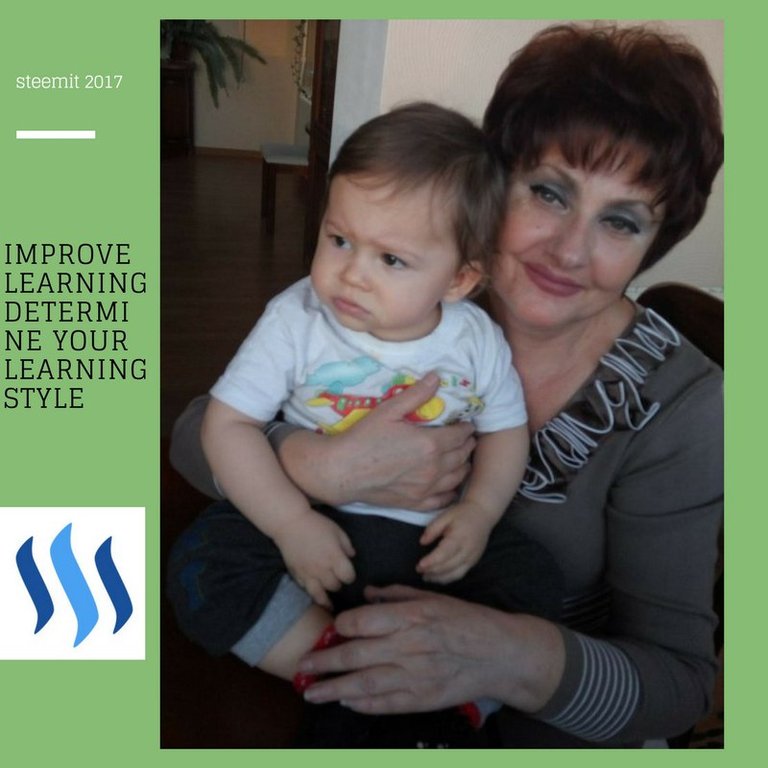
I`m a visual learner. He didn`t do well on the test because he`s an auditory learner. Phrases like these are ones that I`ve heard tons of times. But what do they actually mean? What defines a specific learning style, and how can knowing yours help you?
Recently, there has been an emphasis on understanding and catering to different learning styles in the classroom. Teachers focus on engaging all students by using differentiated instruction in their lessons. This is because many teachers have come to realize that students don`t all learn the same. Whether you are still a student or not, understanding the different learning styles and how you best absorb information can be beneficial.
There are seven major types of learning styles. They include:
Visual
Verbal
Physical
Aural
Solitary
Social
Logical
Overview of the Learning Styles.

Visual: Visual learners organize thoughts through pictures, diagrams, and spacial understanding. If you are strong in the areas of visual arts, design, photography, film, navigation, or similar pursuits, chances are you are a visual learner.
Verbal: Although it makes sense that verbal learners learn best through spoken words, this is actually a misconception. Verbal learners learn best through written and spoken words. Verbal learners are strong in writing and speaking and should focus on jobs or learning techniques that favor these skills.
Physical: Physical learners attempt to make sense of the world around them through physical activities such as sports or working outdoors. They tend to work through problems while doing something physical such as shooting hoops or gardening. Take advantage of this physicality by taking advantage of hands-on opportunities.
Aural: If you are very musically oriented, you are probably an aural learner. Aural learners use sounds and music in order to learn. They enjoy tasks such as creating and playing music.
Solitary: Valuing privacy and enjoying independent work are traits of solitary learners. Solitary learners tend to be introspective and self-sufficient. If you are a solitary learner, focus on your own thoughts and analysis. Studying or working alone will help you achieve the best results.
Social: Social learners communicate and work well with other people. If you like to work in groups and collaborate with others, try group-studying, working on projects with others, and consider careers such as teaching, counseling, or other careers where you communicate and collaborate with other people often.
Logical: Logical learners are good at analysis and are able to learn through the use of logic. Logical learners are generally very organized and take a scientific or mathematical approach to the world around them. If you are a logical learner, use logic and reasoning to understand content material. When studying, focus on making lists or use word association. You might want to consider a career that focuses on mathematics or science.

Understanding how you learn can help you in your education, career, and your relationships. To learn more about your learning style you can take an online quiz.
Great post, following.
Thank you, it is pleasant for me that you liked it)